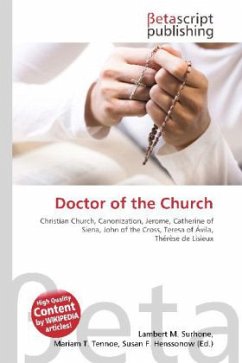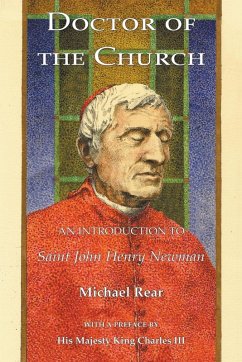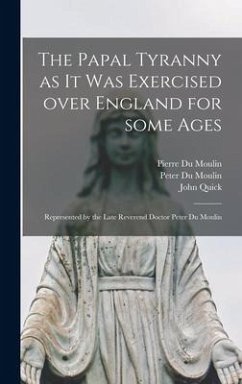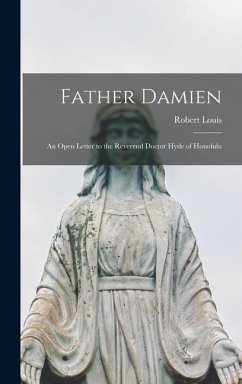
Doctor of the Church
Versandkostenfrei!
Versandfertig in 6-10 Tagen
39,99 €
inkl. MwSt.

PAYBACK Punkte
20 °P sammeln!
Please note that the content of this book primarily consists of articles available from Wikipedia or other free sources online. Doctor of the Church (Latin doctor, teacher, from Latin docere, to teach) is a title given by a variety of Christian churches to individuals whom they recognize as having been of particular importance, particularly regarding their contribution to theology or doctrine. In Catholicism, this title is given to a saint from whose writings the whole Church is held to have derived great advantage and to whom "eminent learning" and "great sanctity" have been attributed by a p...
Please note that the content of this book primarily consists of articles available from Wikipedia or other free sources online. Doctor of the Church (Latin doctor, teacher, from Latin docere, to teach) is a title given by a variety of Christian churches to individuals whom they recognize as having been of particular importance, particularly regarding their contribution to theology or doctrine. In Catholicism, this title is given to a saint from whose writings the whole Church is held to have derived great advantage and to whom "eminent learning" and "great sanctity" have been attributed by a proclamation of a pope or of an ecumenical council. This honour is given rarely, only posthumously, and only after canonization. No ecumenical council has yet exercised the prerogative of proclaiming a Doctor of the Church. Saint Ambrose, Saint Augustine, Saint Jerome, and Pope Gregory I were the original Doctors of the Church and were named in 1298. They are known collectively as the Great Doctors of the Western Church. The four Great Doctors of the Eastern Church, John Chrysostom, Basil the Great, Gregory of Nazianzus, and Athanasius of Alexandria were recognized in 1568 by Pope St. Pius V.











![The Most Reverend Doctor James Butler's Catechism [microform] Cover The Most Reverend Doctor James Butler's Catechism [microform]](https://bilder.buecher.de/produkte/65/65493/65493381n.jpg)
